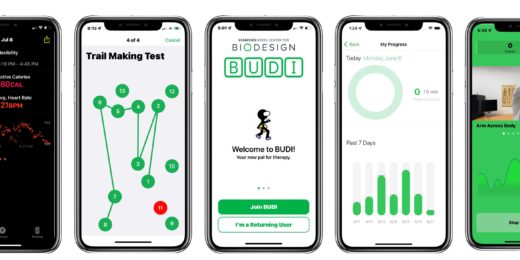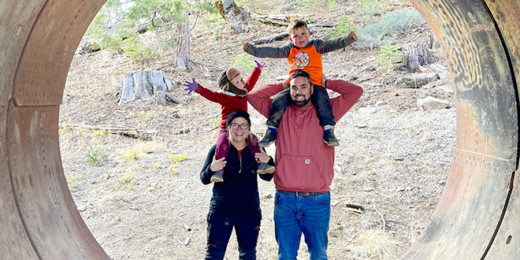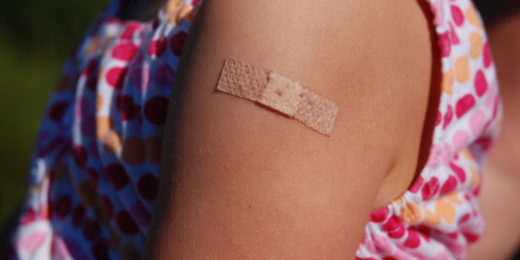Researchers at Stanford Medicine are exploring the impact of screen time and how to create solutions that support health.
Category: Pediatrics
Revamping WHO preemie care guidelines
The new guidelines focus on parents' role in the care of vulnerable babies, as well as low-cost, evidence-based therapies.
Unconventional Paths: Sneaky submarines and super surgeries
Bioengineer Alison Marsden uses computer modeling skills honed on submarines to help surgeons plan the best repairs for babies' hearts.
New California school start times allow kids more sleep
Teens and preteens are now able to get more sleep, thanks to a new California law that pushes back school start times.
Building a ‘BUDI’ to help kids with cerebral palsy
Stanford med student designs biofeedback app meant to encourage children with cerebral palsy move their arms to build strength.
Routing cancer cells to the right path may boost treatment
Researchers at Stanford Medicine discover a certain molecule renders a type of cancer cell more susceptible to treatment.
Precision medicine predicts best ulcerative colitis care for teens
Stanford researchers are developing a faster way to match each ulcerative colitis patient with the treatment that will work best for them.
Losing sleep in adolescence makes mice less outgoing as adults
Mice that had sleep interruptions during adolescence had less interest in making new friends later on, a Stanford study shows.
Climate change impact may affect kids more severely
Researchers discuss the impact of climate change on children and suggest its impact on their health might be more severe, compared to adults.
High-risk babies don’t always get the follow-up care they need
A study shows that some high-risk infants don't receive the necessary follow up care and there are inequities in who attends the appointments.
Yuck! Don’t vape that
Scientists have found that teens, young adults and adults are vaping substances that aren't meant to be inhaled.
Stanford doctor helps pediatric cancer patients evacuate Ukraine
A Stanford doctor traveled to Poland to help pediatric cancer patients evacuate from Ukraine and receive care.
Cone snail venom and … insulin?
People with diabetes must plan meals and insulin doses, a hassle that may one day be eliminated thanks to cone snail venom.
Four-year-old’s bumped head leads to brain tumor discovery
A preschooler's brain tumor is revealed after he hits his head at a T-ball game, allowing doctors to remove it before it caused any issues.
Fighting childhood infectious disease, lessons from COVID-19
Stanford Medicine pediatric infectious disease researcher describes her work in childhood infectious disease and lessons from the pandemic.
Changing infant care to improve newborns’ health in India
Modifying traditional infant massages led to more weight gain and fewer illnesses among newborns in a Stanford-led community study in India.

















